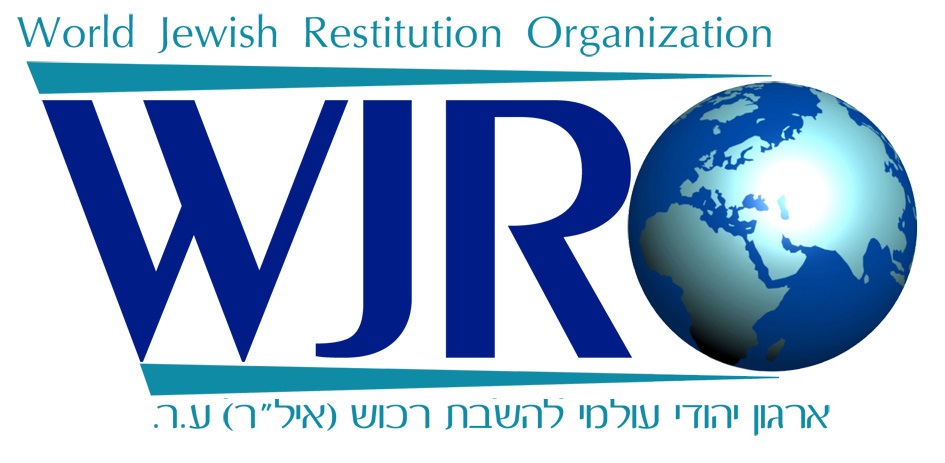Swiss Bank Settlement
WJRO played a major role in negotiations with the Swiss government and banks culminating in a $1.25 billion settlement finalized in 1999.
Beginning in September 1995, WJRO negotiated with the Swiss Bankers Association on restitution issues. WJRO research was pivotal to understanding the scope of restitution claims and the historical background. In particular, WJRO discovered a document confirming the banks’ destruction of wartime records and holding of a “Nazi account” and found that Nazi-plundered gold, which had moved through Switzerland and other nations, was still stored in New York and London.
WJRO’s participation in congressional hearings and work with the Clinton administration resulted in the establishment of the Independent Committee of Eminent Persons (the Volcker Commission) to audit dormant Swiss bank accounts and an American inter-agency task force to investigate the seizure, retrieval, and disposition of Nazi and other assets during and after World War II. The inter-agency task force, aided by WJRO, published a report confirming that tons of Nazi gold came from Jewish victims and was transferred to Switzerland. WJRO’s advocacy resulted in economic pressure on the Swiss, including American, British, and French agreement to freeze the remaining gold stored in New York and London, a New York State ban on the use of Swiss banks for overnight investments, and a planned boycott against Swiss banks.
In recognition of its role in addressing the Swiss bank issue, WJRO was named as a party to the settlement of the class action suit filed against Swiss banks. The $1.25 billion was distributed to five classes of victims: depositors and heirs of unclaimed Swiss bank accounts, those whose assets were looted by the Nazis or their accomplices and then laundered through Swiss banks, two categories of former slave laborers, and former refugees fleeing Nazi persecution who were turned away or expelled by Switzerland or abused in Switzerland.



